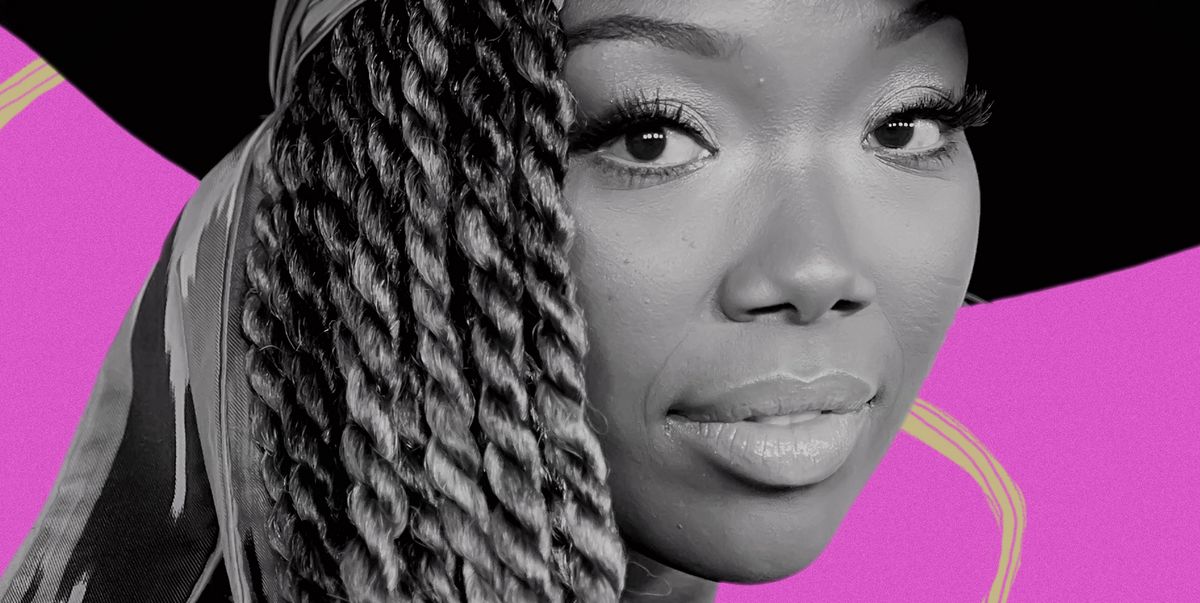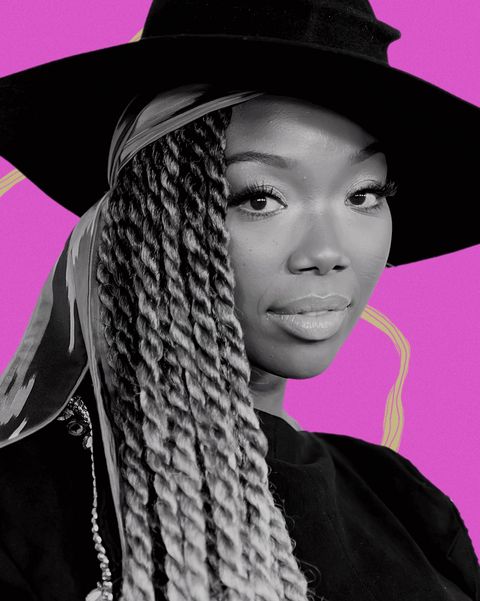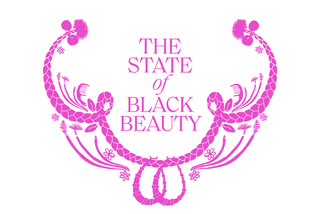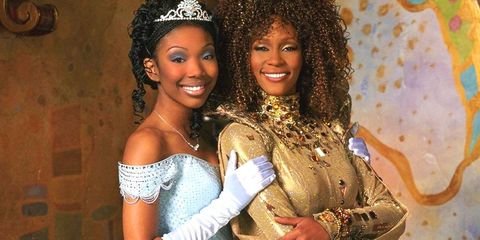For the State of Black Beauty, ELLE.com chatted with six Black icons to hear how they define Black beauty and how they see themselves in the space—in their own words.
Beauty is really within. It’s really the person that you work on every day, to try to be the best version of yourself. And it definitely reflects on the outside. It makes people feel like they can relate to you—it shows in your eyes, in your skin, it radiates when you’ve really done the work on the inside. Being Black is icing on the cake. Ot means a different level of freedom and acceptance of yourself. And so many beautiful Black people in this world are so free in expressing themselves—they set the bar for people like me to do the same and follow in their footsteps.
I don’t think too much about being a Black beauty icon. I think about being myself more than anything. So much of me growing up was living my life for other people around me. You want to stay true to yourself. It’s about being comfortable in my skin and expressing what’s in my heart and staying true to that.
I think braids are so beautiful. It just speaks to the culture. I got a perm when I was about 15 and the perm damaged my hair. That’s how I was able to get the braids—they were a protective style. It’s a beautiful expression, it’s an art, and it takes so much time for the braid artists who are doing my hair. The art they express is unbelievable. I want to wear them for the rest of my life. Now, people are wearing them even more than I’ve seen in such a long time. That’s such a great thing. The twist, the lock—everybody is starting to really get into the braid culture, and it IS a culture.
With Moesha, I didn’t know at the time how important it was and would be, but it was great to be able to be an example for other young girls that were trying to get into the industry and other Black girls who really didn’t see themselves on television. It all happened so fast, but I remember the honor to be one of the Black women that had their own TV show, and also with playing Cinderella—it did feel like making history.
I was so busy trying to be famous, but when I look back, I’m like, Wow, that was such an amazing time. To be the first Black princess with braids—it was unbelievable. I’m just happy I was able to experience that.
It’s wild, looking back now, at how much I was able to do and how I was supported. From Whitney Houston, Debra Chase—one of the executive producers who chose me to be Cinderella—and my mom. Having those examples really helped me realize all of my dreams. I was told that I could be whatever I wanted to be, and when I was myself, I got the call from Whitney Houston, in the middle of the day at my home where I grew up, to be Cinderella with my braids. It was unbelievable.
This interview has been edited and condensed for clarity and length.
This content is created and maintained by a third party, and imported onto this page to help users provide their email addresses. You may be able to find more information about this and similar content at piano.io



